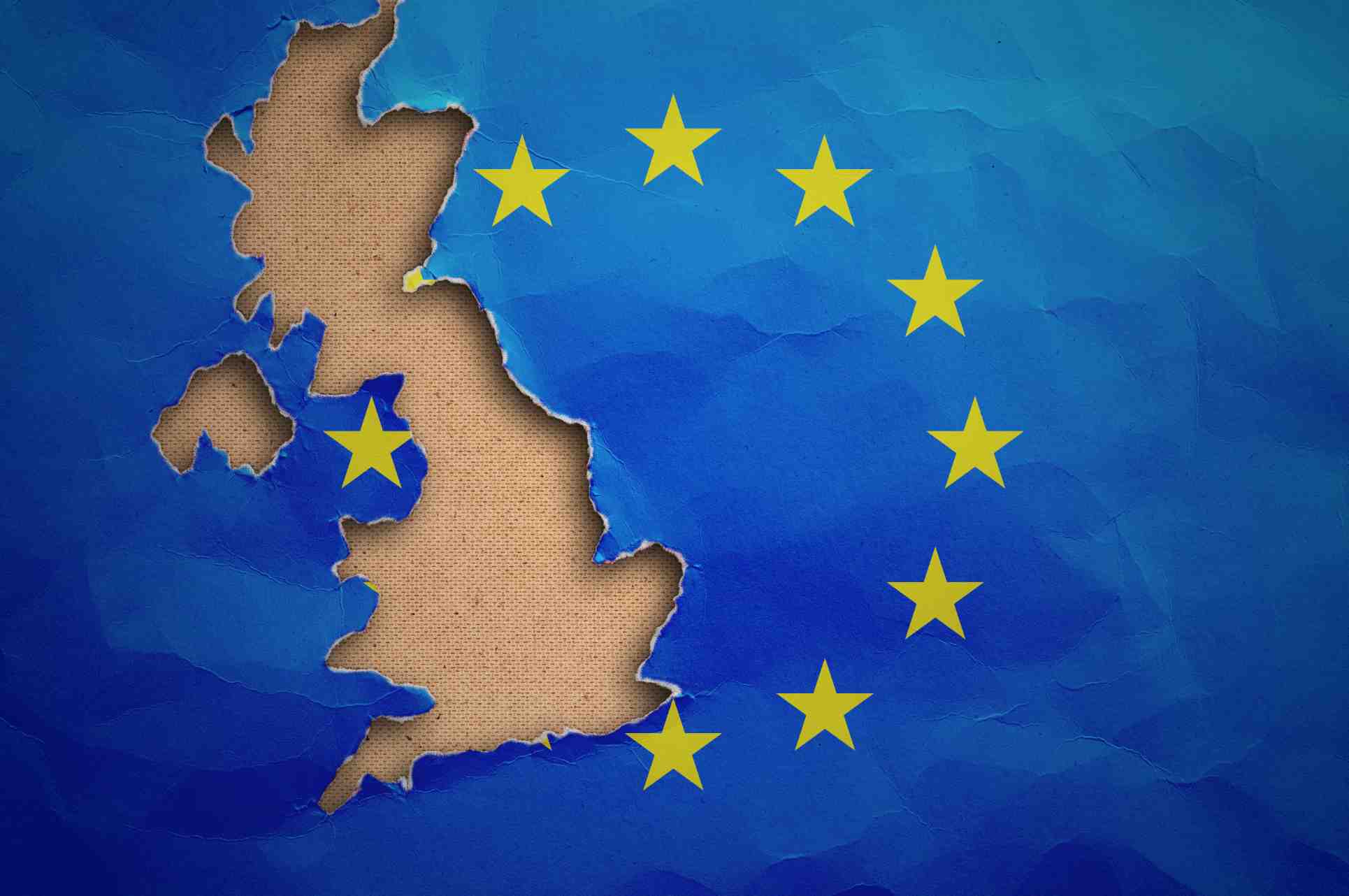
The UK pharma industry has made plain its concern and frustration at renewed uncertainty about the risk of a no-deal Brexit, amid often flatly contradictory messages from prime ministerial candidate Boris Johnson.
The UK is currently due to leave the European Union on 31 October, but with outgoing prime minister Theresa May’s withdrawal agreement pronounced ‘dead’ by Boris Johnson and similar sentiments from leadership rival Jeremy Hunt, the risk of a no-deal exit is once again rising.
Yesterday saw the government issue updated guidance on its no-deal planning, and looked to renew special freight and logistic measures to ensure the flow of medicines into and out of the UK in the event of a no-deal Brexit.
Johnson and Hunt are currently focused on wooing the Conservative party’s 160,000 members before a leadership ballot and result on 22 July.


Conservative leadership candidates Boris Johnson and Jeremy Hunt
Boris remains the favourite to secure the keys to 10 Downing Street, despite struggling to put forward a credible and consistent plan for delivering Brexit.
In the last few days he has claimed that the UK would leave the EU ‘do or die’ at the end of October, a message that plays well with Conservative party members frustrated by the lack of progress since the referendum three years ago.
However yesterday Johnson simultaneously sought to allay wider public and business concerns raised about a damaging no-deal exit, saying leaving without an agreement was just a ‘million-to-one’ chance.
Both Johnson and Hunt claim they can secure substantial new concessions from the EU, especially in relation to the Irish border ‘back stop’.
This is despite the EU making it clear they would not renegotiate the withdrawal agreement, and the fact that the new prime minister and Parliament won’t have enough time to reach any new deal before the 31 October deadline.
Against this background, pharma and biotech leaders are signalling that the preparations for a no-deal scenario remain inadequate, and place a huge burden of cost and uncertainty on business.
The Cabinet Office published a statement yesterday, along with a letter from Department of Health and Social Care (DHSC) chief commercial officer Steve Oldfield, providing an update on government no-deal planning and guidance.
When a no-deal was a threat on the original 29 March 2019 date, government plans to hire extra ferries to alleviate the hold-ups across the Dover/Folkestone and Calais route were exposed as farcical, with a multimillion pound contract awarded to a company with no ferries.
The DHSC wants to learn lessons from this episode, and says it wants to give medicines suppliers greater flexibility in using both stockpiling and re-routing away from these Channel ports to ensure a continuity in medicines supplies.
However in order to avoid further wasted expense, the government has not yet committed any new funds to supply chain planning.
In response, Mike Thompson, chief executive of the Association of the British Pharmaceutical Industry (ABPI) said: “Pharmaceutical companies have been doing everything in their power to prepare for the UK’s exit from the EU. Our members have been increasing stocks, duplicating testing and planning for alternative routes where possible.”
However it’s clear that the sector still feels the contingency plans lack substance.
“Additional government secured freight capacity was key to company planning for a ‘no deal’ in March and this must be available to companies again as they prepare for the end of October. Our members will be pleased that the government are taking steps to put this capacity in place again and await further information about how this will work in practice.”
Thompson’s remarks also signalled the ‘Brexit fatigue’ felt by industry after the EU exit was postponed twice this year – with a high likelihood of yet another extension coming by 31 October, rather than a no-deal exit.
“It is extremely challenging for pharmaceutical companies to be continually preparing for a ‘no-deal’ Brexit. Leaving the EU with a deal in place remains the best way to minimise any potential disruption to medicines supplies.”
Steve Bates OBE, chief executive of UK biotech association the BIA, said yesterday: “There are now only 127 days until the next possible ‘no deal’. Making changes at short notice is not easy or simple for our sector – supply chains are complex, integrated across Europe and regulated at every stage. Many products are temperature-controlled, and some deliveries can’t exceed three days or deviate from approved storage conditions. Some products have a short shelf life and can’t be stockpiled and most take longer than 127 days to produce.”
He added: “A no-deal Brexit would mean the biggest dis-integration in a lifetime of the complex regulated medicines market across Europe in terms of regulation, cross border movement of goods, comparative pricing and intellectual property.”
Bates concluded by calling for clarity from the two leadership contenders on their plans for medicines no-deal planning ahead of the leadership contest result.
“Industry also needs to know if the Conservative leadership candidates support this approach to ‘no-deal’ planning,” he concluded.




